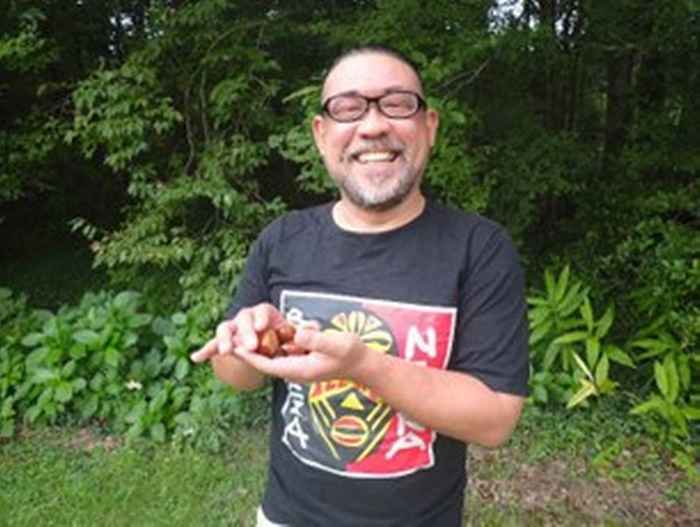Transformation of Bon Odori in Post 3.11 and COVID-19 Japan: Trans-Asian Sensibilities and Re-Vernacularization
- Date
- 19 November 2024
- Time
- 15:30 -17:00
- Location
- University Theatre
- Room
- University Theatre

This presentation will analyze the reorganization of bon odori (bon dance) in modern Japan, focusing on what I would call “re-vernacularization” of the aftermath of 3.11 and the COVID-19 pandemic. Originally a diverse practice since medieval times, bon odori, a ritual of ancestor worship in the Buddhist tradition, faced suppression during the late 19th-century modern nation-building, being labeled as "uncivilized." In the 1930s, it became more standardized, linked with imperial Japan's nationalism and influenced by the recording industry. Despite urbanization, it endured as a form of pseudo-folklore after World War II.
The aftermath of the 2011 Great East Japan Earthquake brought new attention to bon odori-inspired festivals, fostering community cohesion and commemoration, accompanied by innovative movements like the integration of anti-nuclear sentiments and the incorporation of DJ and band performances, in some cases emphasizing its continuity with festivals in other Asian and African regions.
However, the COVID-19 pandemic interrupted these developments. Nonetheless, the pandemic increased the craving for physical proximity in social interaction as a response to enforced isolation, while also boosting online information sharing. Additionally, the disruption caused a generational shift, with the older generation relinquishing their role in organizing traditional local festivals, leading to an integration of the post-2011 "alternative" bon odori elements to a more conventional form. The presentation will explore the historical changes in the expression and social functions of secular and religious music and dance of bon odori in broader transnational contexts.
Wajima Yusuke has published on the history of Japanese popular music, authoring Creating Enka: The“Soul of Japan” in the Postwar Era (2010, English translation 2018, winner of the 2011 IASPM Book Prize), which elucidated the discursive formation of the allegedly traditional genre of enka. His recent books in Japanese, Dance Music in the Showa Period (2015) and Showa Boogie Woogie (2023, winner of the Music Pen Club Japan Award), discussed the processes of incorporation of imported music and dance within popular/vernacular performance traditions in the Showa period (1926-1989). His recent English publication is a chapter titled “Japanese Disco as Pseudo-International Music” in Global Dance Cultures in the 1970s and 1980s (Palgrave 2022).
